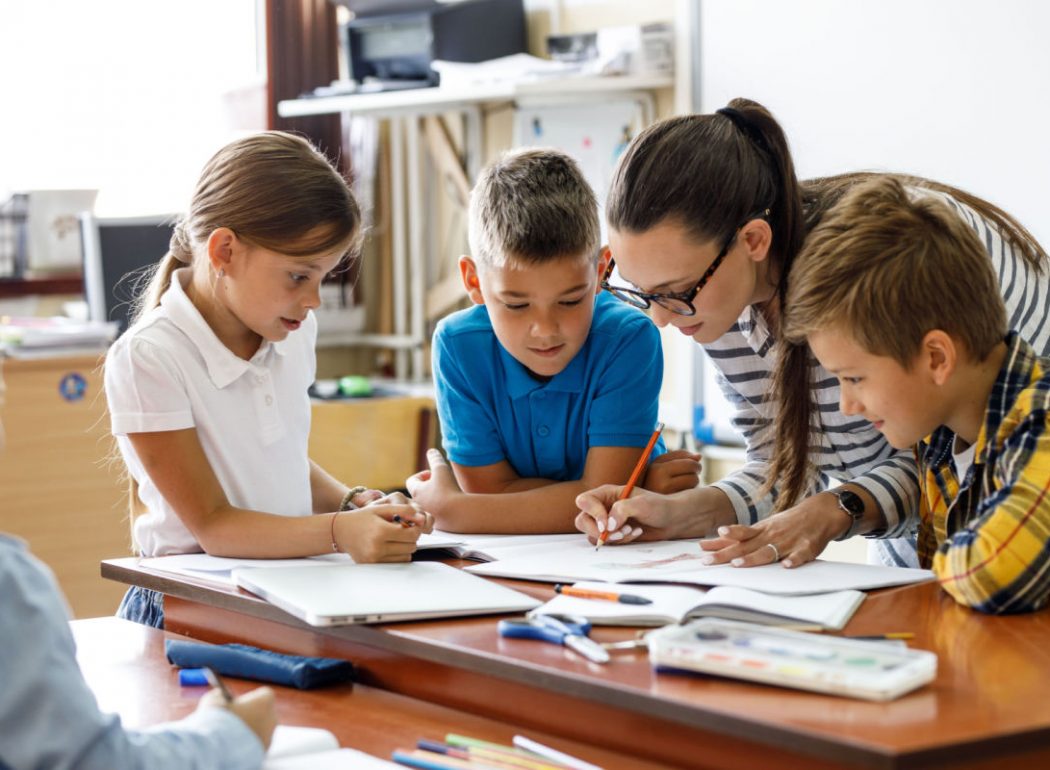As a parent, you always are on the hunt for the next best thing for your child, especially when it comes to their learning and development. Cognitive psychology is a field of research that studies how people think, learn, and remember. It can also be applied to help us understand why children behave in specific ways and develop cognitive abilities. Let’s discuss what cognitive psychology is and why it’s crucial to your child’s development.
What is Cognitive Psychology?
Cognitive psychology is a branch of psychology that focuses on the study of mental processes, including memory, problem-solving, perception, and decision-making. It is primarily concerned with how people process, learn from, and use new information to shape their behavior. Cognitive psychologists work to understand how different factors like emotions, beliefs, and behaviors can affect our ability to think and reason. They use various techniques, such as psychological experiments and simulations, to uncover the underlying mechanisms of cognition.
In addition to understanding individual differences in thinking styles, cognitive psychologists also investigate how groups interact when making decisions or solving problems. By doing so, they try to identify strategies that increase the effectiveness in team settings. Ultimately, cognitive psychologists strive to apply their knowledge to create practical solutions for everyday problems.
What Does Cognitive Development Mean in Child Development?
Cognitive psychologists studying childhood development look at the cognitive processes involved in various developmental stages. These cognitive processes include language acquisition, problem-solving, memory formation, imagination, and creativity. For instance, imaginative play is vital for cognitive development as it helps children form relationships between objects or ideas through pretend play scenarios. This type of play also encourages children to practice their cognitive skills and apply what they’ve learned from previous experiences.
In addition to cognitive processes, cognitive psychology can also be used to understand the emotional aspects of childhood development. Cognitive psychologists often study how children’s emotions and cognitive processes interact to form mental images, or cognitive schemas, which can affect decisions and behavior in later life. For example, cognitive schemas may shape a child’s view of the world by influencing their interpretation of events or how they respond to different situations.
Cognitive psychology is essential for understanding childhood development and helping children reach their full potential. By understanding cognitive processes and identifying cognitive schemas, cognitive psychologists can help parents and educators create an environment that encourages imagination in childhood development while allowing children to practice their cognitive skills. This supportive framework will enhance a child’s cognitive abilities and help them lead a successful life in adulthood.
What Are the Main Things That Are Happening in Cognitive Development During Childhood?
During cognitive development in childhood, cognitive psychologists have identified several key areas of cognitive functioning. These include language development, memory, and problem-solving skills, as well as the acquisition of knowledge and understanding.
Language development involves a child’s ability to learn and understand words and sentences. Children exposed to different types of language at an early age tend to develop better language skills. Memory is another important cognitive skill that develops during childhood; it enables children to recall information from past experiences. Problem-solving is also an essential mental skill that helps children to analyze and solve complex tasks.
The cognitive process of knowledge acquisition involves learning about the world around them through observation, reading, or discussing with others. Additionally, cognitive development in childhood also includes the development of social and emotional skills, such as perspective-taking, empathy, and interpersonal relationships.
Cognitive development is a dynamic process that continues throughout life. However, cognitive psychologists believe that cognitive development during childhood is the most critical time for growth and learning. During this period, children learn to think critically, understand abstract concepts, and develop effective problem-solving strategies — all essential skills for adulthood. Thus, cognitive development during childhood is an integral part of cognitive psychology and should not be overlooked or underestimated.
Trust Right Steps Boutique Preschool & Child Center With Your Child’s Future
At Right Steps Boutique Preschool & Child Center, cognitive psychology is an integral part of our approach to childhood development and kindergarten care in Rittenhouse, PA. We use cognitive psychology to create a personalized program of learning activities tailored to each child’s individual needs. Our teachers work with children one-on-one or in small groups to teach them basic cognitive skills like recognizing shapes and colors and higher-level cognitive skills such as math and reading comprehension. We also use cognitive psychology to assess a child’s cognitive strengths and weaknesses, which helps us identify any areas that need further development.
Visit our center today and see how cognitive psychology can help your child reach their full potential!




